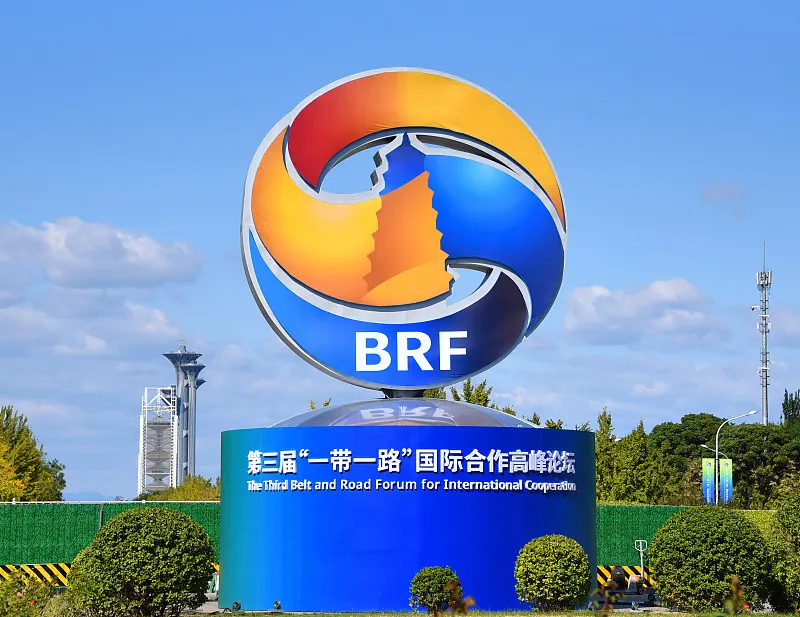China is all set to host the International Belt & Road Forum (Oct 17-18) marking the 10 years of President Xi Jinping’s brainchild project and a game changer initiative for the developing countries including Pakistan, the Belt & Road Initiative (BRI).
Representatives from more than 140 countries will be participating in the mega event while 20 heads of states or governments will attend the two-day event. Prime Minister Anwarul Haq Kakar is also leaving for China (October 16-20) on Sunday on the invitation of President Xi Jinping to participate in the BRI’s 10 Year celebrations.
“The prime minister will hold bilateral meetings with President Xi Jinping and senior Chinese leaders during the visit,” the state-run broadcaster said in a post on social media Saturday.
The PM’s visit comes a month after the two sides celebrated the 10
signed for joint cooperation during the visit.
CPEC, a flagship project of the Belt and Road Initiative (BRI), has attracted direct investments worth over $25 billion from China over the past decade.
In 2013, President Xi Jinping had put forward the idea of the Belt and Road Initiative (BRI) for the first time. Today, 10 years down the road, the BRI has effectively promoted economic integration and interconnected development, and delivered benefits to all.
It has laid down a pathway towards mutual benefit, win-win outcomes, prosperity and development in an age rife with turbulence and change. The success and effectiveness of the Initiative can be understood by the fact that the World Bank (WB) has estimated that by 2030, Belt and Road cooperation will bring an annual benefit of US$ 1.6 trillion to the world, accounting for 1.3 percent of the global GDP and injecting strong impetus into global development.
In his message on the completion of the 10 years of the BRI, President Xi has stressed that the Belt and Road Initiative (BRI) is innovative by nature and its success needs to be powered by innovation. For 10 years, guided by innovative ideas, Belt and Road cooperation has pooled resources of innovation from various parties, injecting strong impetus into the development of partner countries and bringing tangible benefits to the people.
The forum also opens new avenues of cooperation between China and the BRI countries, particularly China and Pakistan as both the countries are destined to realize the dream of regional progress, peace and prosperity by making joint efforts.
The BRI covers a wide range of global and regional cooperation from promoting people-to-people exchanges in science and technology to jointly building laboratories, from enhancing cooperation on science and technology parks to building technology transfer centers, the vision for a community of innovation featuring shared development philosophies, unimpeded flow of production factors, networked technology facilities, connected innovation chains and vibrant people-to-people exchanges is turning into reality.
Under the BRI, China has carried out extensive cooperation with partner countries in smart cities, mobile payment, cross-border e-commerce and other areas of digital economy, and supported them in establishing and improving technology markets. China has set up the Technology Transfer South-South Cooperation Center with the United Nations Development Program, promoted cooperation among higher education institutions and research institutes, and helped partner countries cultivate future innovators.
Pakistan Observer has also been invited to participate in the forum and give recommendations regarding how cooperation among the BRI countries could be further enhanced.










